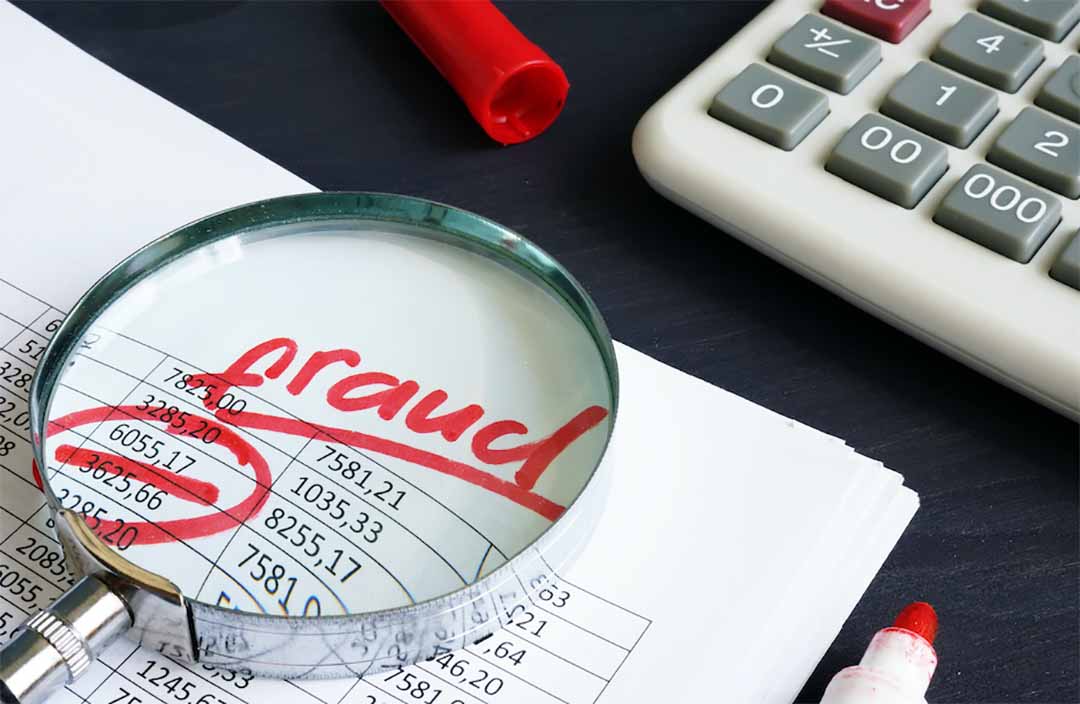
Types of Check Fraud & How to Avoid Them
Check fraud is a common financial crime that costs banks, businesses, and individuals millions of dollars each year. As a banking professional, it's important to be aware of the different types of check fraud and how to prevent and report them. BankersHub offers online certification and training for banking professionals to help you stay ahead of the latest fraud trends and protect your clients' finances.
What is Check Fraud?
Check fraud is any illegal activity involving checks or the use of checks to obtain money, goods, or services. It can take many forms, including altering, forging, counterfeiting, or stealing checks. Check fraud can happen to anyone, but it's particularly prevalent among small businesses and older adults.
Types of Check Fraud
- Check Kiting - Check kiting is a fraudulent scheme that involves writing a check from one bank account and depositing it into another account before the check clears. The goal is to inflate the balance of the second account and use the funds to cover the first account's overdrafts.
- Check Washing - Check washing is the process of erasing details on a check and altering them to benefit the fraudster. This type of check fraud typically involves the use of chemicals to remove ink and then rewriting the check with new information.
- Counterfeit Checks - Counterfeit checks are fake checks that look like real checks. They are often made using high-quality printers and can be difficult to distinguish from genuine checks.
How to Deal with Check Scams
Spotting a fake check
Spotting a fake check is essential to avoiding check scams.
Here are some tips to help you identify a fake check:
- Check the Paper - Genuine checks are printed on high-quality paper that feels thicker than regular printer paper. If the paper feels thin or flimsy, it may be a fake check.
- Check the Watermark - Most genuine checks have a watermark, which is visible when the check is held up to the light. If there is no watermark or it looks different from a genuine check, it may be a fake.
- Check the MICR Line - The MICR line is a series of numbers at the bottom of the check that contains important information. If the numbers look distorted or different from a genuine check, it may be a fake.
Reporting Check Fraud
Reporting check fraud is essential to protecting yourself and your clients from financial losses. If you suspect check fraud, you should report it to your bank immediately. You can also report it to the Federal Trade Commission (FTC) by visiting their website or calling their toll-free number.
Preventing Check Fraud
Preventing check fraud is essential to protecting your clients' finances. Here are some tips to help prevent check fraud:
- Use Positive Pay - Positive Pay is a service offered by banks that helps prevent check fraud by comparing the checks you write with the checks presented for payment. If a check does not match the information on file, it will be flagged for review.
- Use Security Features - Many banks offer checks with security features such as watermarks, security screens, and microprinting. These features make it harder for fraudsters to replicate or alter checks.
- Educate Your Clients - Educating your clients about check fraud and how to spot fake checks can help prevent fraud before it happens.
Learn More About Check Processing
In conclusion, check fraud poses a significant risk to banks, businesses, and individuals. By staying up-to-date on the latest fraud trends and taking measures to prevent and report check fraud, you can safeguard yourself and your clients from financial losses. BankersHub provides online certification and training for banking professionals to help you stay ahead of emerging fraud trends and defend your clients' finances. With their assistance, you can gain the knowledge and skills necessary to prevent, identify, and report check fraud.
BankersHub offers an in-depth course on checks and remote deposit, designed to help you acquire a more profound understanding of these essential banking functions. The course delves into the fundamentals of check processing, encompassing check clearing, settlement, and risk management. Additionally, it covers the latest trends and advancements in remote deposit, which is gaining popularity among businesses and consumers alike.
Always remain vigilant when handling checks and promptly report any suspicious activity to your bank and relevant authorities. By collaborating, we can combat check fraud and protect our clients' finances. Explore BankersHub's course on checks and remote deposit to learn more about staying ahead of the latest fraud trends and safeguarding your clients' finances.

